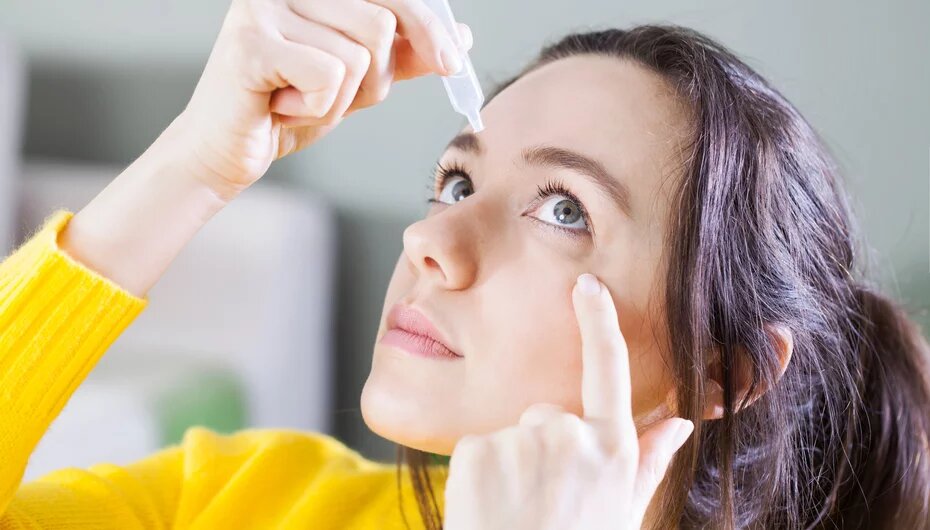Many people take antihistamine tablets to treat their allergies, but despite that, allergic conjunctivitis can still occur. If it develops, we usually prescribe antihistamine eye drops. In the first instance, artificial tears may be used to treat mild symptoms, as this flushes the allergens out of the eye, physically removing the pollen from the conjunctival sacs. If this is not enough, this treatment is supplemented with antihistamine eye drops. The combination of the two can have a very good effect.
The ophthalmologist also stresses the importance of washing the face more often, as pollen mainly sticks to the hair, face, eyebrows, eyelashes and, in men, the beard and moustache. Pollen can be removed physically from these areas by face washing, thus preventing allergens from entering the eyes.
If, despite these measures, conjunctivitis develops, antihistamine eye drops are used in the therapy for as long as the plant to which the person is allergic flowers.
Fortunately, obtaining eye drops is not difficult, as a wide range of artificial tear drops are available from pharmacies and drugstores without a prescription, while eye drops containing antihistamines can be prescribed by a GP, not just an ophthalmologist.
If there is more severe inflammation, the specialist will recommend that you see an ophthalmologist because of the symptoms. The eyes are examined with a slit lamp, which has the equivalent of 10 times magnification, so that even small lesions that are not visible to the naked eye cannot be overlooked.
Many people think that glasses/sunglasses will protect their eyes from pollen and dust, but unfortunately glasses don't really help because they are not sealed, so pollen can get in from above and below.
More and more women are wearing false eyelashes, which are not a good choice for those with allergies, as they are also ideal for pollen to settle on and can only be washed off with care. It is best to avoid using them at least during the allergy season.
Care should also be taken when rubbing itchy eyes, as harsher rubbing can cause corneal damage, says the ophthalmologist.
Symptoms of allergic conjunctivitis are typically acute, which is why we always keep a few slots available during our clinic’s opening hours to provide emergency care.

